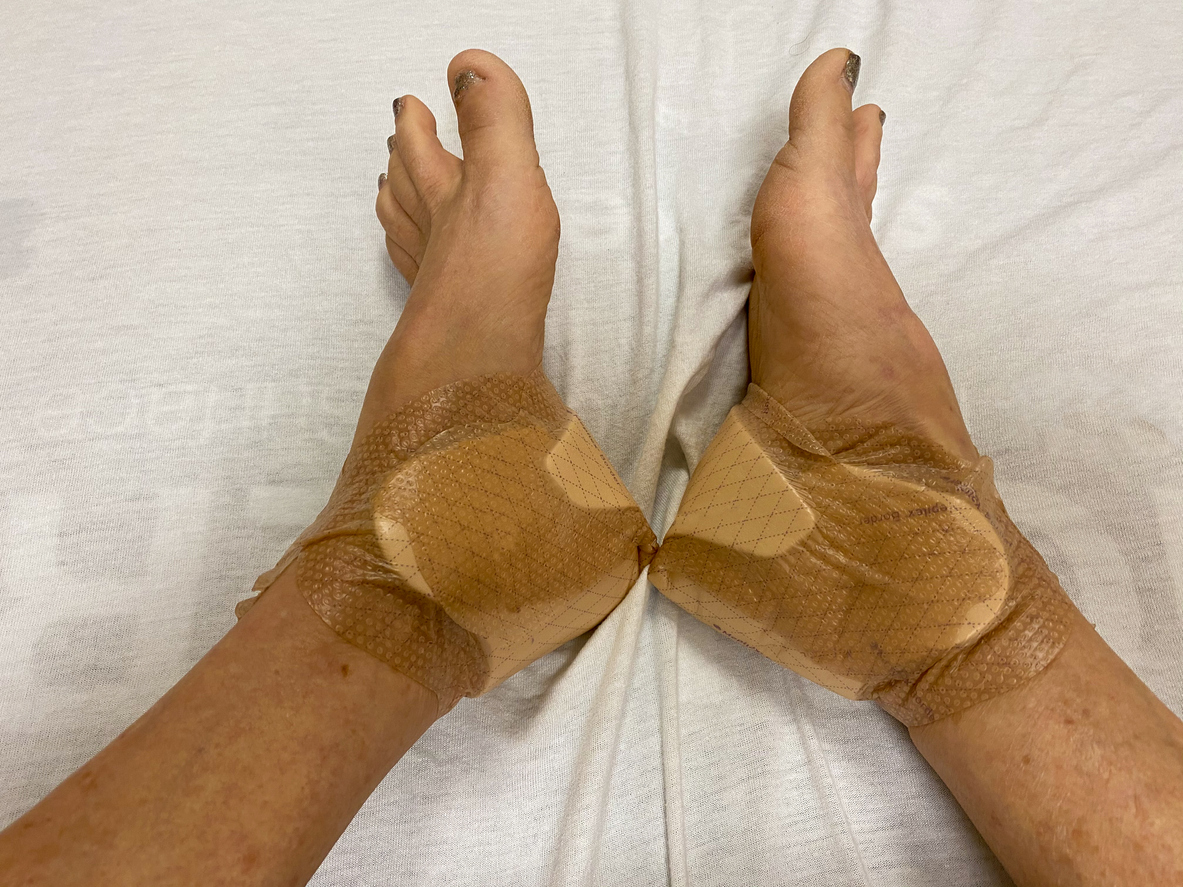
Ankle replacement surgery is performed to replace a damaged or diseased ankle joint with an artificial joint. The most common reason for ankle replacement surgery is arthritis, which can cause pain, stiffness, and swelling in the ankle.
Surgery is a big deal, and the decision to undergo it should be made after a thorough consideration of all factors associated with it. Here, we will discuss 8 factors to consider before an ankle replacement surgery.
1. It can improve your quality of life.
Ankle replacement surgery is typically recommended as a last resort for patients with severe ankle pain who experience inadequate relief from non-surgical methods of treatment. Does your ankle issue prevent you from living a happy, active, and fulfilling life? If so, undergoing ankle replacement surgery may be worth it in the long run.
2. Ankle surgery recovery requires commitment and hard work.
Ankle replacement surgery is not right for everyone. Patients who are of relatively good health and are less than 250 pounds are typically good candidates, as are those who are committed to their recovery and rehabilitation. Recovery can take a long time, and you must be ready to put in the work with your doctor and physical therapist to fully heal and restore strength and function in the ankle.
3. Determine which specific ankle replacement surgery is right for you.
There are different types of ankle replacement surgeries, and orthopedic surgeons can use different techniques to perform it. For instance, some procedures have a shorter recovery than others. Discuss with your surgeon what surgery technique will be used and ask why they think it’s the best for you.
4. There are some risks and complications associated with the surgery.
As with any surgery, there are risks and potential complications associated with ankle replacement surgery. All patients should be made aware of the risks beforehand to allow them to make an informed decision about their treatment. For instance, bleeding, infection, and implant defect are possible – although they are rare occurrences.
5. Recovery can take a long time.
Recovery time can vary depending on the individual, but it’s important to have realistic expectations about how long it will take before you can return to your normal activity levels following surgery – typically a few months. Ask your surgeon for timeframes of when you can drive, walk, exercise, and run. This is also important for setting expectations on when you can return to work and other commitments.
6. You will likely need pain management during recovery.
Pain after an ankle replacement is usually well-tolerated, as the surgeon will prescribe pain medication and provide other instructions to make your recovery more comfortable. Physical therapy exercises, which are critical, can also help with reducing pain and restoring your ankle’s range of motion, strength, and flexibility.
7. Discuss your post-surgery expectations with your surgeon.
Ask your orthopedic surgeon what you can expect in terms of ankle function and mobility after an ankle replacement, including speed of recovery, and how long the prosthesis lasts, as it is important to manage your expectations. You don’t want to be blindsided by the reality of life after ankle replacement surgery.
8. The training and experience level of your orthopedic surgeon is critically important.
The success of an ankle replacement surgery is largely affected by the training and experience of the orthopedic surgeon. To give yourself the best chance of success, you want an orthopedic surgeon who is fellowship trained in foot and ankle surgery and has many years of experience performing the procedure.
Ankle Replacement Surgery in Bismarck, ND
Dr. Chad Carlson is a board-certified and fellowship-trained foot and ankle surgeon at The Bone & Joint Center. Dr. Carlson has the training and experience patients are looking for to restore their arthritic ankle to normal, whether it’s through non-surgical methods or surgery, and is renowned for providing outstanding foot and ankle care to patients in the Upper Midwest. To schedule an appointment with Dr. Carlson, call our office today at (701) 946-7400 / (866) 900-8650 or use our convenient online request form.

